The Mississippi Department of Rehabilitation Services (MDRS) Office of Vocational Rehabilitation (OVR) provides critical resources and human services to thousands of Mississippians living with disabilities — all aimed at helping them live fuller, more independent lives.
Caseloads and new RSA requirements were “more than staff could handle.”
Prior to implementing Sara in 2021, MDRS OVR struggled with staff shortages. As a result, counselors and assistants faced overwhelming caseloads, many of which required additional services, along with new Rehabilitation Services Administration (RSA) guidelines to meet. Counselors spent too much of their time performing administrative duties and not enough time giving clients the one-on-one guidance they deserve.
The State of Mississippi, which sees an average of 33 tornadoes a year according to the National Weather Service, also has an ongoing need to alert clients about weather-related or other emergencies that impact scheduled appointments.
Smooth onboarding of VR counselors and assistants
MDRS OVR staff leveraged Sara’s live training to establish a strong foundation. “The initial live training that came with Sara was helpful. A training where you actively use the technology in a test module is way more helpful than someone just telling you about it or having written instructions.” – Jane Mroz, Case Worker. For ongoing reference, the team also had access to the SaraWorks basic and advanced training manuals, as well as a video and step-by-step online guide that they could apply to the steps of their own work processes.
Program Coordinator Delinda Armstrong was able to account for the diversity of the VR staff’s learning preferences and create an effective onboarding framework to streamline adoption. She would introduce best practices via email and give staff a deadline to complete the training before giving them access to the live tool. Delinda also offered an annual refresher course to keep the staff’s skills sharp.
Exceeding all expectations: 2,110 successful VR employment outcomes
To date, 77% of MDRS OVR staff have adopted Sara, and the agency boasts 7,612 active clients. One of the first things MDRS OVR staff noticed after implementing Sara was a better response rate from younger clients who prefer text messages over phone calls. Counselors and their clients could also better track crucial case details such as names and authorization numbers to purchase textbooks — for clients transitioning from high school to college. When extreme weather or other disruptions crop up, MDRS OVR staff now utilize Sara’s bulk message feature to save time in informing clients across its caseload. “Our transition clients love Sara’s text messaging and the ability to get their grade reports in. Whenever there is an emergency, you can send that mass text out to the entire caseload, letting them know.” – Delinda Armstrong, Program Coordinator.
Ultimately, Armstrong’s framework coupled with SaraWork’s onboarding led to MDRS OVR’s successful implementation. The result: MDRS OVR was able to navigate its staff shortages and deliver on its mission, adapting its communications to the evolving needs of its client base. The agency was able to successfully assist 11,689 Mississippians with Disabilities and achieve 2,110 successful employment outcomes for VR.
